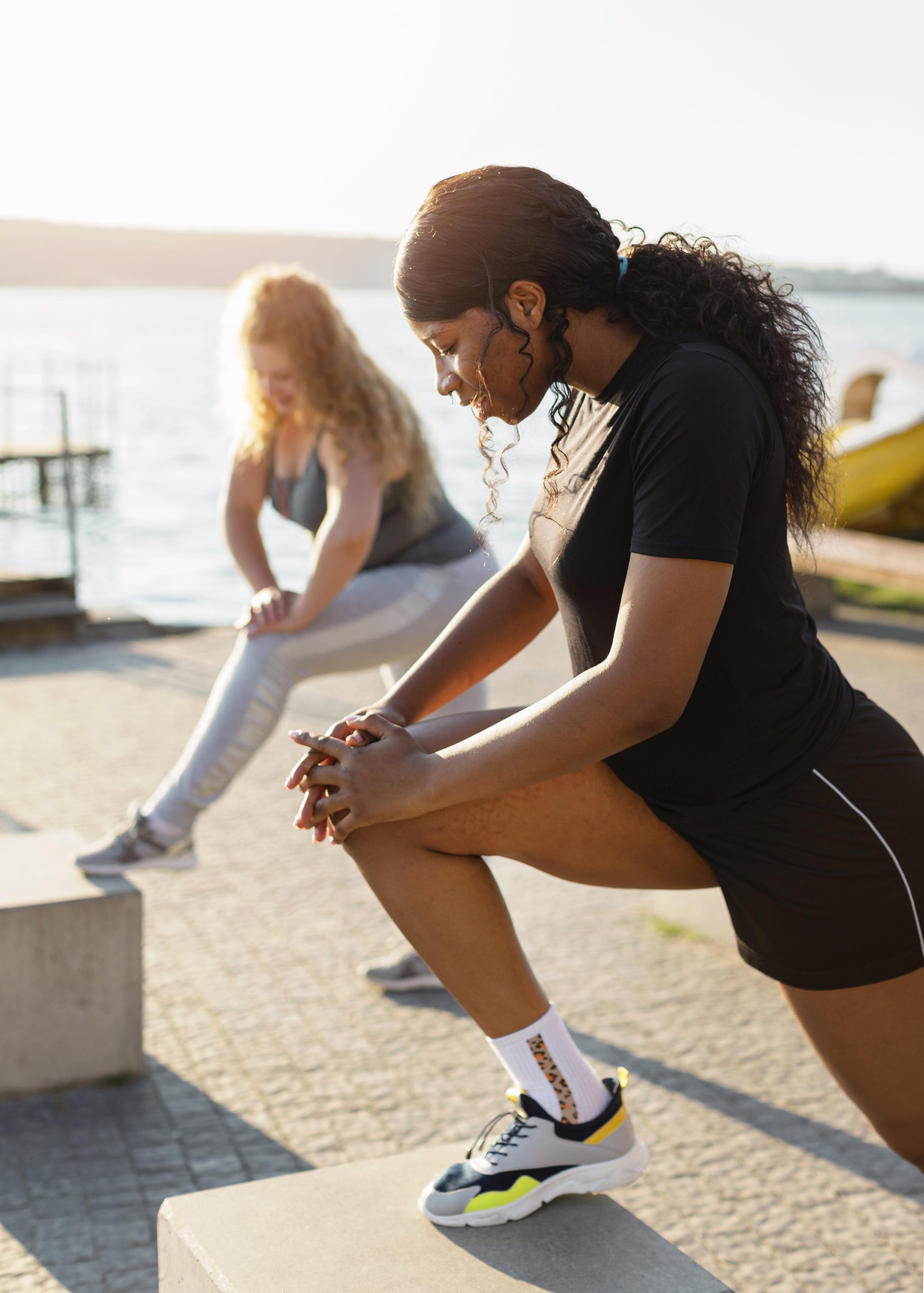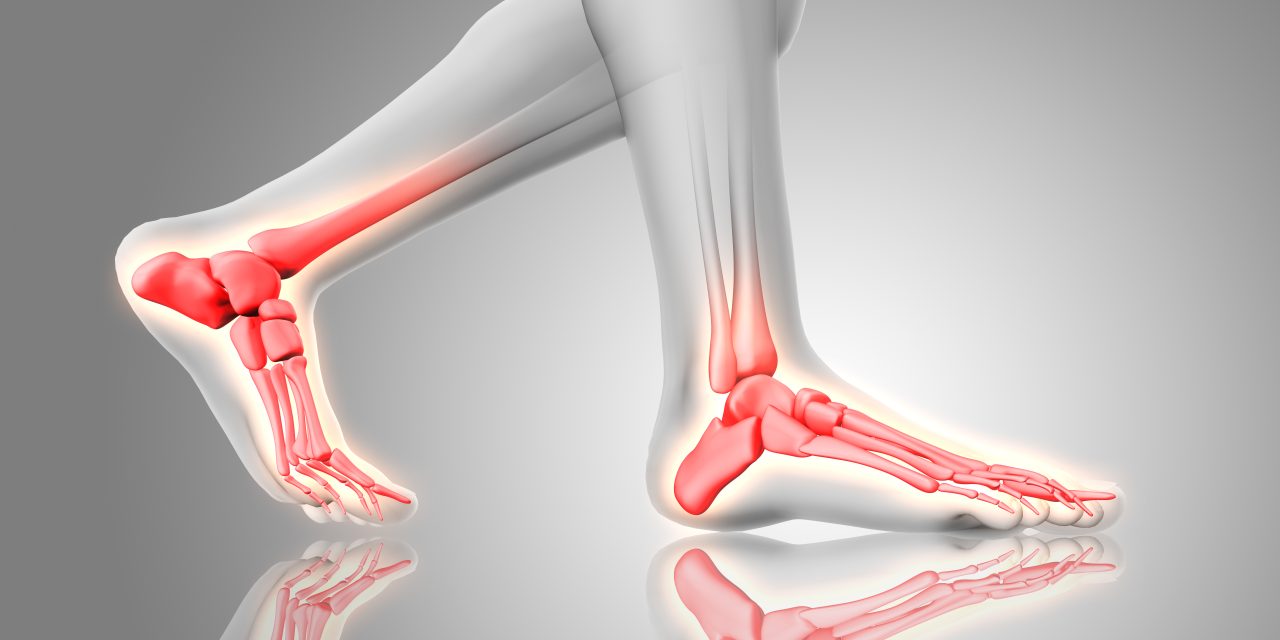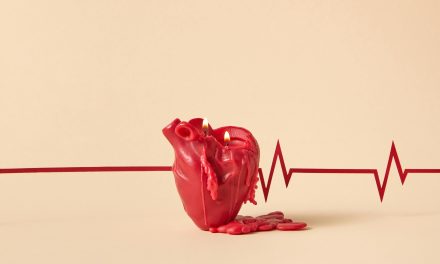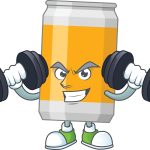Bone health matters more after 40. Stay active with smart daily habits
Ageing is a privilege, but we can also acknowledge that it brings some wear and tear, especially on the bones. In this article, we’ll look at how to keep your bones as strong as possible as you get older.
Quick Read:
- Bones are living tissue, but after a certain age, the rate of bone breakdown starts to outpace bone-building.
- For women, this process speeds up after 40, especially as menopause approaches and oestrogen levels drop. Oestrogen is a hormone that helps keep bones strong.
- Weaker bones can increase your risk of fractures and conditions like osteopenia and osteoporosis.
Bone loss often happens silently
Some of the most common symptoms include:
- Back or joint pain
- Shorter height (you feel like you’re shrinking)
- Stooped posture
- Fragile nails or teeth
- Breaking a bone too easily after a minor fall
Why do bones deteriorate?
While bones are known as “living tissue”, at a certain point, they lose their ability to regrow and reform. In women, this can start from around age 30, mostly caused by declines in hormones like oestrogen. With men, this gradual loss can be attributed to the decrease in testosterone levels. Your diet also plays a role in your bone health. As children, we’re told that we need plenty of milk to build strong bones and teeth, and that’s true. Bones rely heavily on calcium and Vitamin D to stay strong. When your bones don’t get enough of these nutrients, they can become weaker, more brittle, and vulnerable to fractures.
Low protein intake can further weaken bone structure, especially in older adults whose nutritional needs may change. Your lifestyle plays a big role too. If you’re not doing regular weight-bearing exercises like walking or strength training, your bones aren’t getting the stimulation they need to stay strong. Being inactive can lead to weaker bones.

A note on medications
Certain health conditions and medications can contribute to bone deterioration. Osteoporosis, for example, is a common condition where bones become porous and fragile, making them more likely to break. Other conditions such as rheumatoid arthritis, chronic kidney disease, or thyroid disorders can affect your body’s ability to maintain healthy bones. Patients who have used corticosteroids and some other medications for a long time may also experience reduced bone density.
If you’re on long-term medication – such as steroids – it’s worth checking in with your doctor or pharmacist to see if your treatment could affect bone strength. They may recommend a supplement.
What can I do to prevent weakening bones?
It’s never too early to start taking care of your bone health. And the good news is that it’s so simple.
Start by giving your diet a revamp. Calcium is key for bone strength, so include plenty of calcium-rich foods in your diet like dairy, green leafy vegetables, almonds, and sardines with the bones in. But calcium doesn’t work alone – your body needs Vitamin D to absorb it properly. A little daily sunshine can help, or you can top up with fatty fish, eggs, or a supplement if needed. Don’t forget about magnesium and Vitamin K, which you can find in foods like nuts, seeds, wholegrains, and leafy greens.
Movement is medicine for your bones. Try weight-bearing activities such as walking, dancing, or taking the stairs to help stimulate bone growth. Resistance training, like using weights or resistance bands, can make bones stronger, while balance-focused exercises like yoga or tai chi may help reduce your risk of falls and injuries.
It also helps to cut back on habits that can harm your bones. Smoking, for example, weakens bone tissue over time. Drinking too much alcohol (more than two drinks a day) can also slow down new bone formation. Even too much salt or caffeine can cause your body to lose calcium more quickly.
Lastly, know your risk factors. If you have a family history of osteoporosis, experienced early menopause, have a small frame, or live with health conditions like thyroid disease, you may be more at risk of bone loss. Regular bone density scans (like a DEXA scan), especially after age 50, can highlight early signs of weakening bones before they become a problem.
Your bones support you every day; give them the support they need in return.
Images: Freepik



















